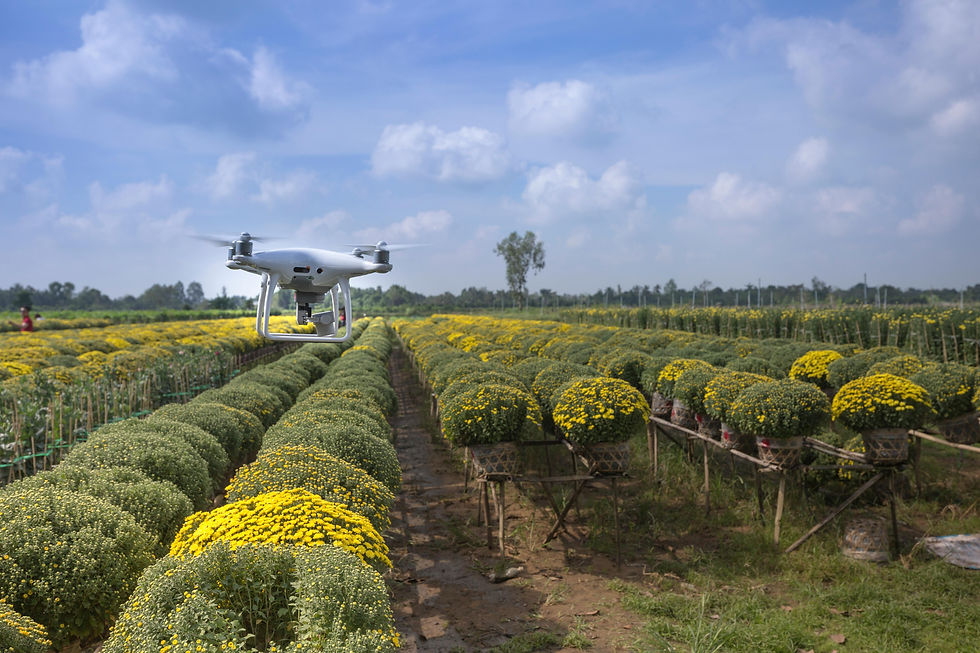
Ethanol is increasingly recognized as a vital component in modern farming and production methods, particularly through its integration into a food-energy system.
This approach emphasizes the interconnectedness of food production and energy generation, highlighting the role of sustainable agricultural practices and innovative technologies in creating a resilient and efficient system.
This section explores how ethanol production can align with contemporary farming methods and contribute to a sustainable food-energy nexus.

Modern farming practices are essential for producing bioethanol in an environmentally responsible manner. Key strategies include:
Crop Rotation and Diversity
Employing crop rotation and planting diverse species can improve soil health, enhance biodiversity, and reduce pest pressures. These practices ensure that crops used for ethanol production, such as corn and sugarcane, can be cultivated sustainably without depleting soil nutrients.
Precision Agriculture
Utilizing precision agriculture techniques, including satellite technology and data analytics, allows farmers to optimize resource use, such as water and fertilizers. This efficiency minimizes waste and maximizes crop yields, contributing to a more sustainable supply of feedstocks for ethanol production.
Cover Cropping
Implementing cover cropping helps prevent soil erosion, improves soil structure, and enhances carbon sequestration. Cover crops can also improve soil fertility, making it easier to grow energy crops alongside food crops, thus fostering a dual-purpose farming model.
Integration of Food and Energy Systems
The integration of ethanol production into food systems reflects a holistic approach to sustainability. This food-energy system can be characterized by:

Co-Production of Food and Fuel
Ethanol can be produced alongside food crops, utilizing agricultural residues or by-products that would otherwise go to waste. For example, the by-products of corn ethanol production, such as distillers grains, can be repurposed as livestock feed, creating a closed-loop system that maximizes resource efficiency.

Utilization of Waste
Modern ethanol production can leverage organic waste from agricultural processes, municipal solid waste, and food waste as feedstock. This practice not only reduces landfill contributions but also helps generate renewable energy, creating a sustainable cycle of food and energy production.

Renewable Energy Generation
Ethanol facilities can integrate renewable energy sources, such as solar or wind power, to supplement their energy needs. By using renewable electricity in the production process, ethanol can be produced with a significantly lower carbon footprint, further enhancing its sustainability credentials.

Community Engagement and Resilience
A food-energy system fosters local resilience by connecting farmers, consumers, and energy producers. Community-supported agriculture (CSA) initiatives, local energy cooperatives, and farm-to-table movements promote sustainable practices while ensuring that local communities benefit from the integration of food and energy production.
Enhanced Sustainability
The integration of ethanol production into a food-energy system promotes sustainable land use and resource efficiency, minimizing the environmental impacts of agriculture and energy generation.
Economics Opportunities
This system can create new economic opportunities for farmers, energy producers, and local communities. By diversifying income streams and fostering local markets, a food-energy nexus can contribute to rural economic development.
Energy Security
By producing renewable energy sources locally, communities can enhance their energy security and reduce reliance on imported fossil fuels. This decentralization contributes to a more resilient energy grid.
Climate Change Mitigation
The adoption of sustainable farming practices and the integration of renewable energy sources in ethanol production can significantly reduce greenhouse gas emissions, contributing to global efforts to combat climate change.
Challenges and Considerations
While integrating ethanol into a food-energy system offers numerous benefits, challenges remain:

Resource Competition
In countries like Sweden and Brazil, ethanol-powered buses are used to lower urban emissions, offering a clean alternative to traditional diesel buses. These buses emit significantly less particulate matter and NOx, improving air quality and public health.

Technological Advancements
Continued research and development are essential to improve the efficiency of both agricultural practices and ethanol production methods. Innovative technologies can enhance yields and reduce environmental impacts.

Consumer Perceptions
Public perceptions of biofuels and their impact on food supply must be addressed through education and outreach. Transparent communication about the benefits of a food-energy system is vital to garner support.
The integration of ethanol production into modern farming and food-energy systems represents a promising pathway for enhancing sustainability in agriculture and energy generation. By adopting sustainable agricultural practices and leveraging innovative technologies, ethanol can play a crucial role in creating a resilient, efficient, and environmentally responsible food-energy nexus. As the demand for renewable energy sources continues to grow, fostering collaboration among stakeholders will be essential for maximizing the benefits of this integrated approach, contributing to a more sustainable future.

FUELING A GREENER FUTURE, ONE POLICY AT A TIME
"At GCGF, we believe that sustainable fuels are more than just an alternative—they are the future. Our mission is to drive impactful policies and innovative solutions that accelerate the transition to a cleaner, low-carbon world.
– Clarence Woo, Managing Director, GCGF

CONTACT US
Get in Touch,
Make an Impact.
Have questions or looking to collaborate? Connect with us to drive sustainable energy solutions forward. Our team will get back to you as soon as possible.


